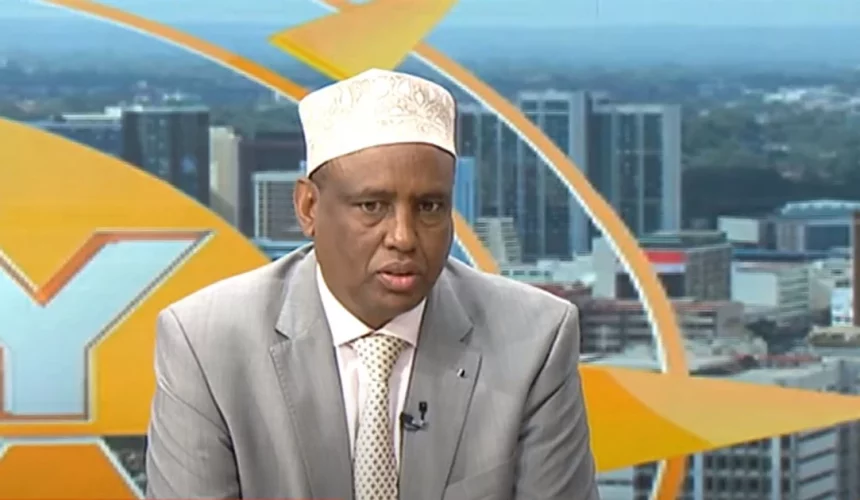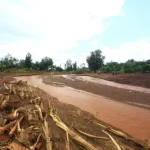Marsabit Governor Mohamud Ali says his administration has measures it needs to take to combat the effects of extreme weather but financial constraints are holding them back.
The second-largest county in Kenya is currently among the worst affected by floods as a result of the ongoing El Nino rains. Up until the start of the short rain season in October, Marsabit was also among the regions ravaged by drought.
In a panel discussion on Citizen TV on Tuesday morning, Governor Ali said the county would benefit from the construction of large dams to harvest rainwater but his government does not have the capacity to construct them.
“We know too well this water is needed very soon when it dries up and becomes hot… we need to construct dams to collect this water. But unfortunately, from the counties’ perspective, the biggest challenge is resources,” Ali said.
He said a majority of the funds the county receives go towards salaries and other basic needs, leaving little for projects.
“The resources which are availed to us, once you take care of the critical unavoidable things such as salaries, you are left with no room for other impactful projects,” the governor noted.
According to Governor Ali, the signing of the County Allocation of Revenue Bill and Equalisation Fund Appropriation Bill 2023 into law by President William Ruto in June will serve as a major boost to the county.
“We need very large dams. For instance, Marsabi borders Ethiopian highlands and there is a lot of water coming from that area passing through our county and going to waste as we watch helplessly. I think the program proposed by the president for doing large dams is the only solution,” said the governor.
“We know what we need to do but unfortunately, we are incapacitated by the lack of funding.”
The new laws seek to allocate Ksh.13.8 billion from the Equalisation Fund to finance development projects in marginalised areas in 34 constituencies in the 2023/2024 financial year.
These include Marsabit, Turkana, Mandera, Wajir, Samburu, West Pokot, Isiolo and Lamu counties, among others.
In the meantime, the El Nino rains are now affecting 33 counties, up from the initial 19.
Kenya Red Cross puts the death toll from the rains at 61, with 235 people reported injured and a further eight listed as missing.
The humanitarian organisation says since the rains started in October, 80,518 households have been affected, with nearly half of this displaced.
Mohamud Ali – Governor, Marsabit: We are aware that we will require the very water we are not harvesting right now during this El Nino but Marsabit county lacks the resources to build dams #DayBreak @serfine_achieng pic.twitter.com/zMGsslDuPW
— Citizen TV Kenya (@citizentvkenya) November 21, 2023



